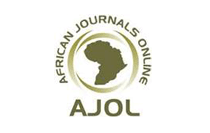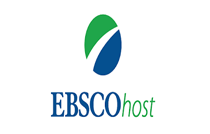Mansoura Veterinary Medical Journal
Document Type
Original Article
Subject Areas
Aquatic medicine
Keywords
Lake Manzala, water quality, algal blooms, Cyanobacteria, Microcysti aeruginosa.
Abstract
Objective: The current study aimed to assess the direct effects of poor water quality on the eruption of heavy harmful algal blooms and to assess the physicochemical properties of water in Lake Manzala, as well as the molecular identification of the retrieved green algae.
Procedures: Subsurface water samples were collected from three different sites in September 2023 for water quality assessment. Moreover, morphological and molecular identification of suspected harmful algae is the most reliable diagnostic tool for this eruption.
Results: This study was conducted in the northern and northeastern regions of Lake Manzala. These regions receive large amounts of municipal, agricultural, and industrial waste effluents that contain organic and inorganic pollutants. High surges in phosphate, ammonia, nitrate, and other water quality measures were remarkable at Boughaz El-Boghdady. Morphological and microbiological analyses of the water samples revealed that Microcystis aeruginosa was the most widespread algal bloom species in Lake Manzala. identity of the retrieved Microcystis aeruginosa algae was confirmed using 16S rRNA gene sequencing.
Conclusions: Such algal blooms have both hypoxic and toxic effects on all living marine species throughout the lake. These results necessitate intense environmental rehabilitation and restoration efforts through increasing numbers of boughazes linked to the Mediterranean Sea, increasing the number of wastewater treatment stations, and regular monitoring of lake water quality.
How to Cite This Article
Hussein, Mohammed A.; Eissa, Alaa Eldin; Eltarabily, Reham M.; Abdelghany, Mohamed F.; Elnakeeb, Mahmoud A.; Ismail, Eman M.; Ragab, Reham H.; and Dessouki, Amina A.
(2024)
"Poor water quality as a trigger of harmful algal blooms in Lake Manzala,"
Mansoura Veterinary Medical Journal: Vol. 25:
Iss.
3, Article 1.
DOI: https://doi.org/10.35943/2682-2512.1237
Receive Date
Apr 5, 2024
Accept Date
May 2, 2024
Publication Date
2024






